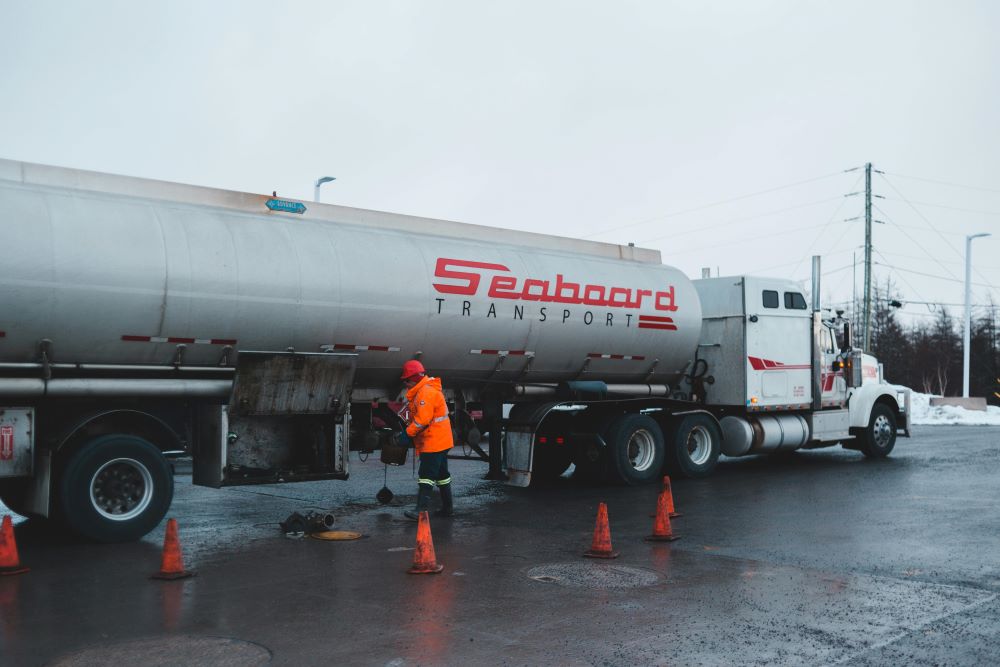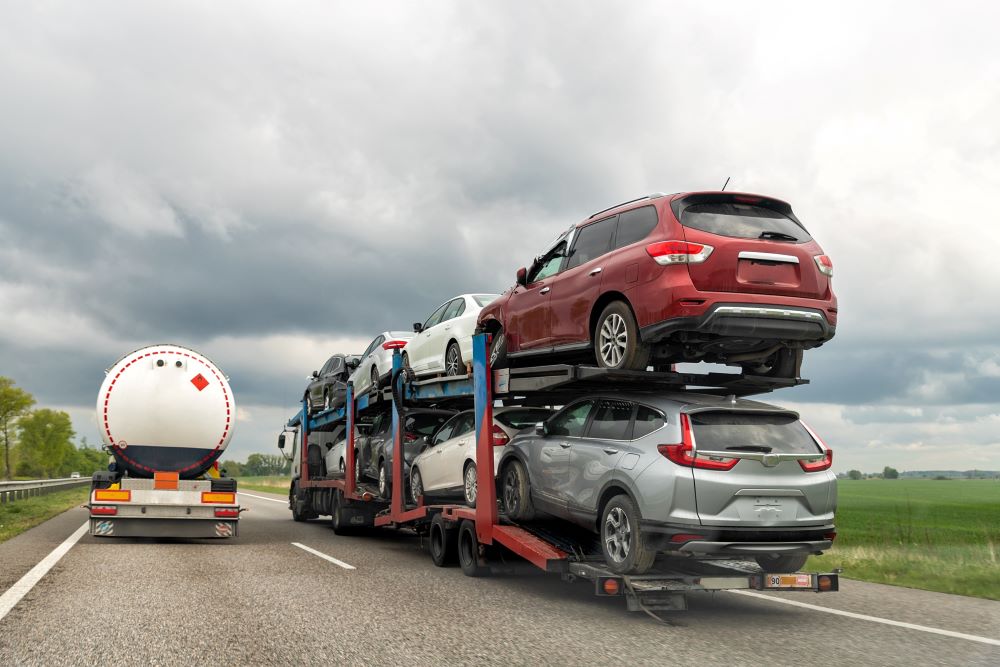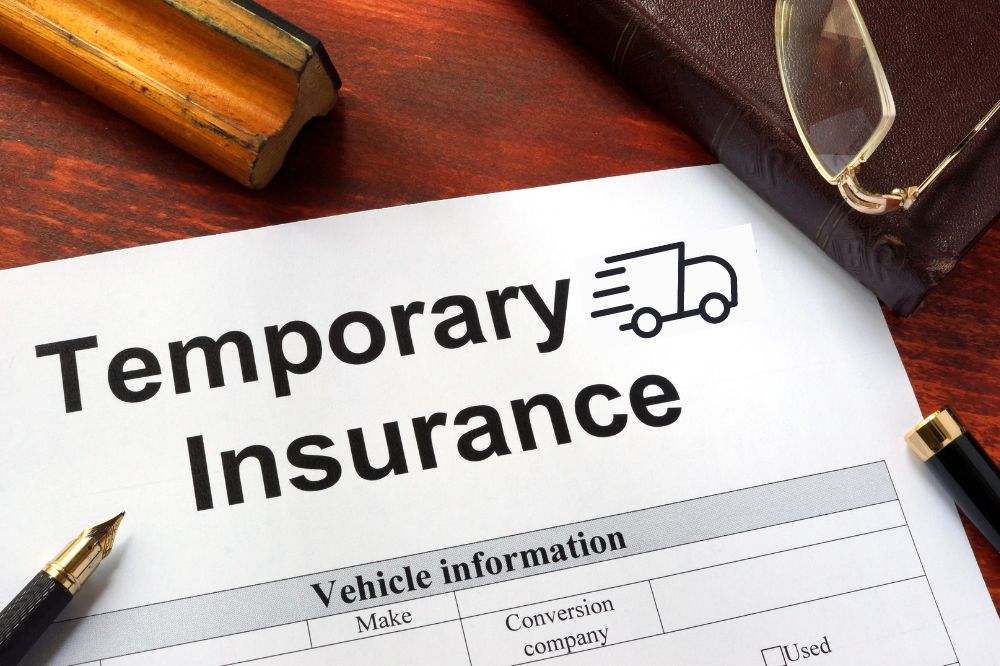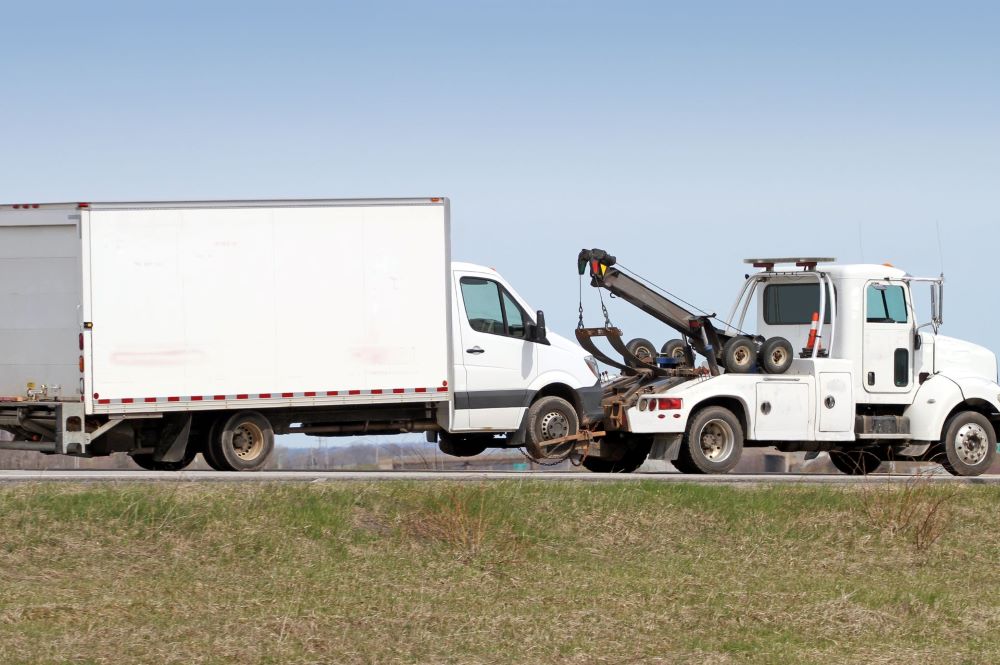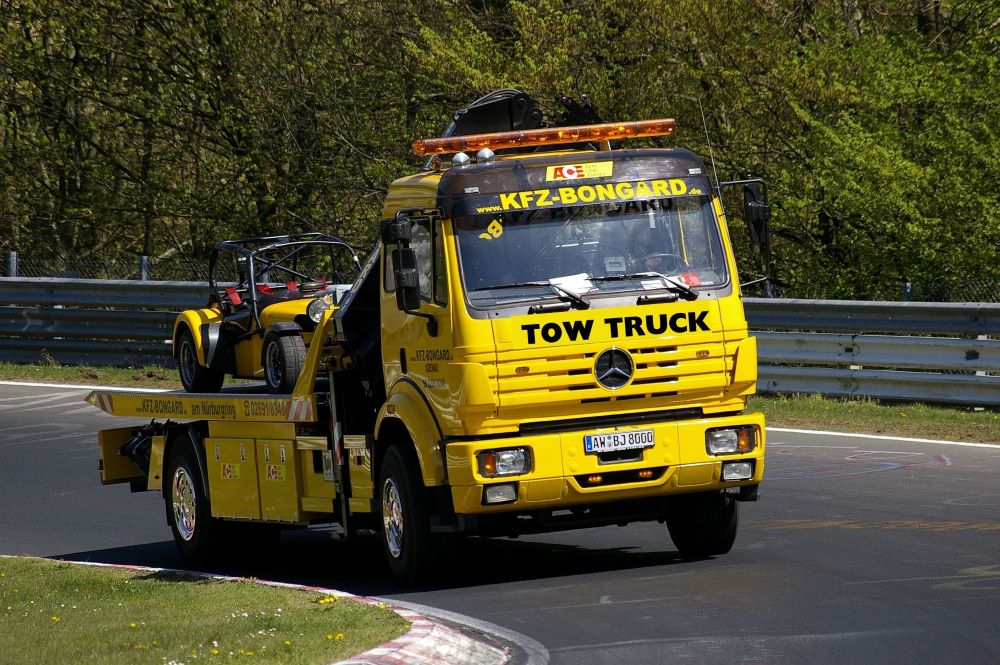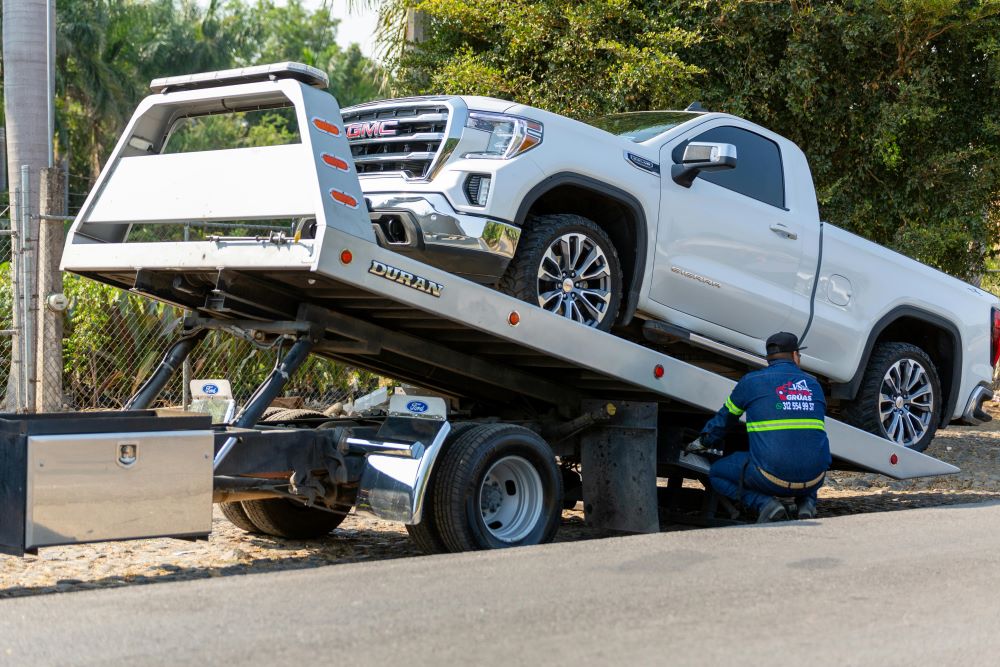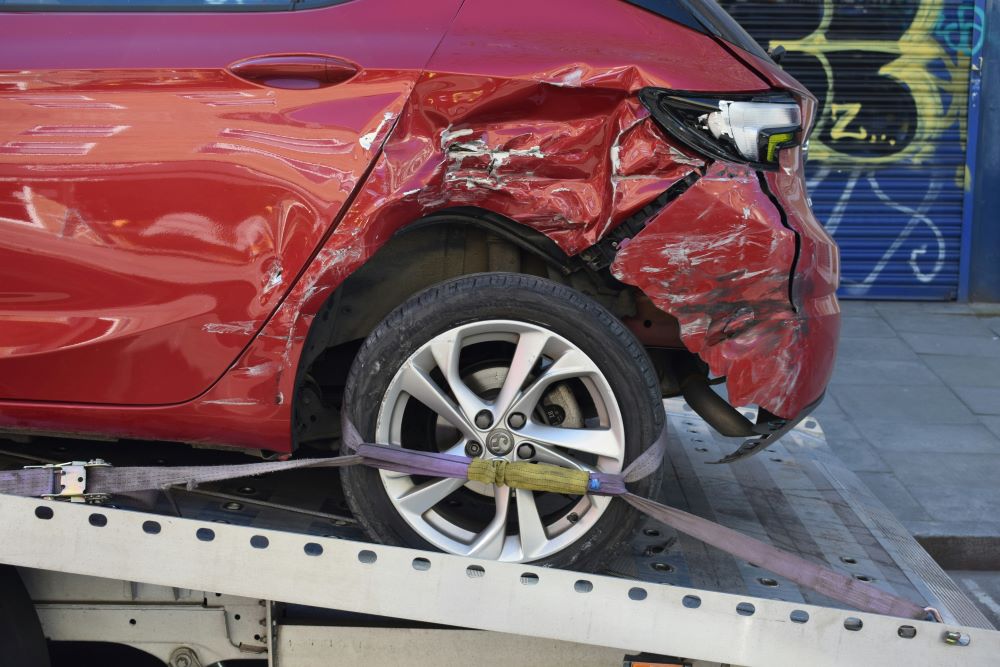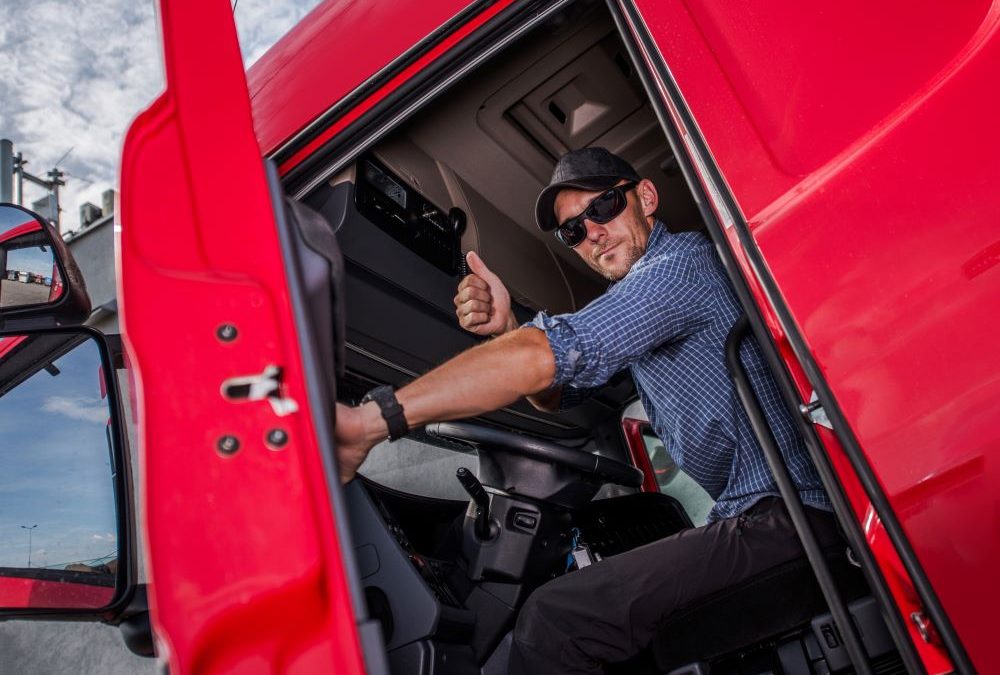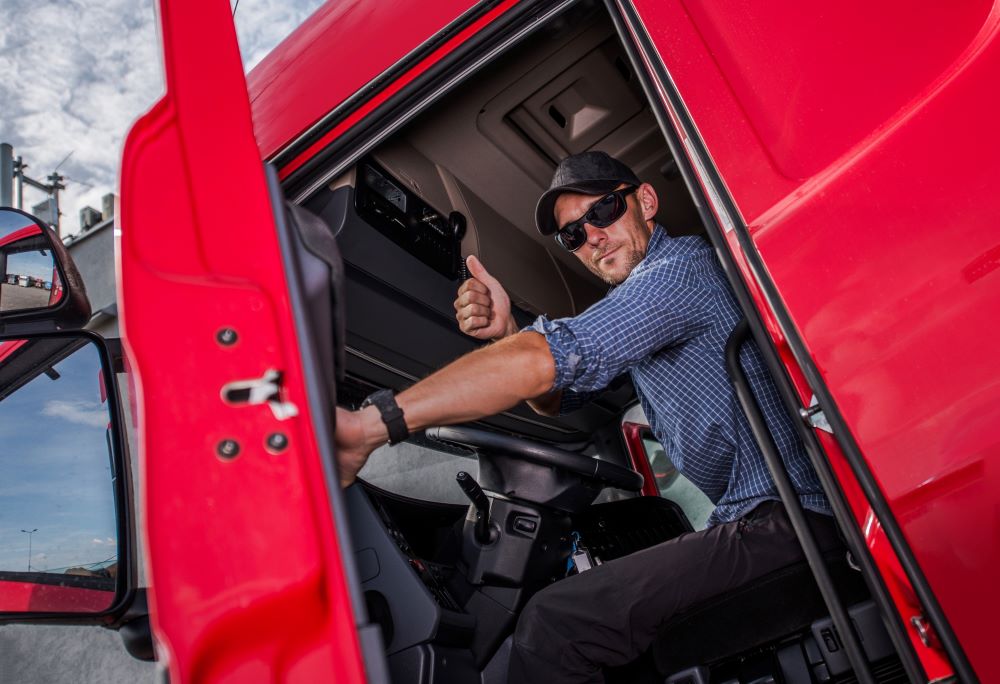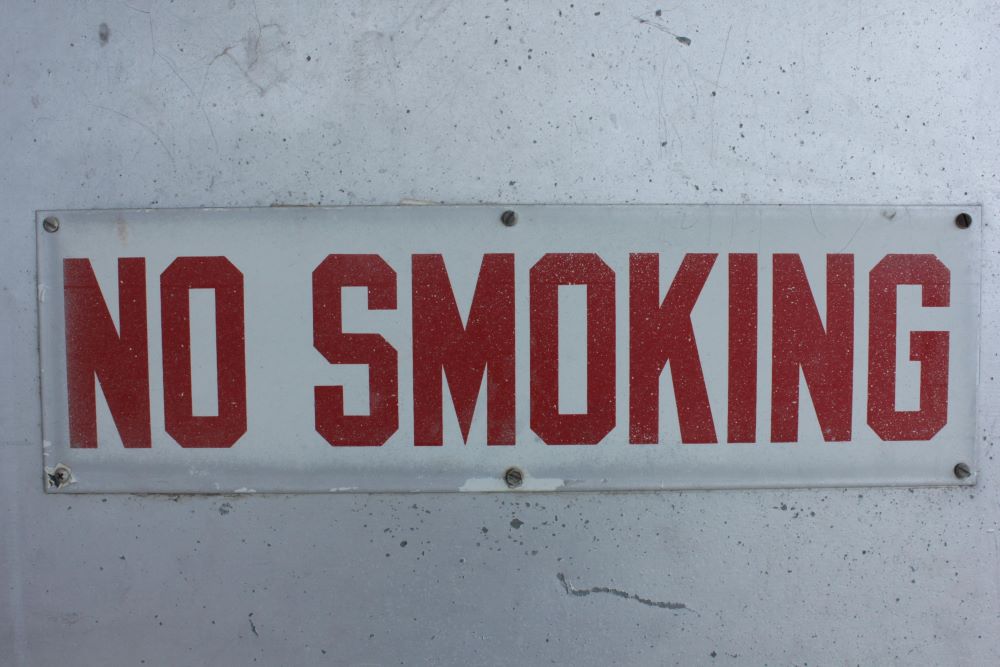If you run a cleaning business, one of your most important investments is the right company vehicle.
For cleaning companies, having a set of wheels isn’t just about getting from A to B – it’s about being efficient, professional, and on top of your game. The right vehicle plays a major role in your day-to-day operations and business success, so choosing this vehicle carefully is crucial.
Why Do Cleaning Companies Need to Invest in Vehicles?
Cleaning companies need vehicles for two main reasons: getting around efficiently and looking professional.
Having a fleet of vehicles helps crews move quickly between jobs, making it easier to serve more clients. It’s especially handy for emergencies like spills or water damage, where a fast response is crucial. Plus, it gives your cleaning business a more polished image, which can attract new clients.
A company vehicle also makes the behind-the-scenes stuff run smoother. They help transport equipment and supplies to different jobs, making sure crews have what they need. For example, carrying carpet cleaning machines around is impossible without the right company vehicle.
This makes operations more organized, and having a dedicated fleet saves money in the long run by reducing wear and tear on personal vehicles and keeping maintenance costs in check. It also means you don’t have to worry about personal vehicle insurance mixing with your cleaning business.
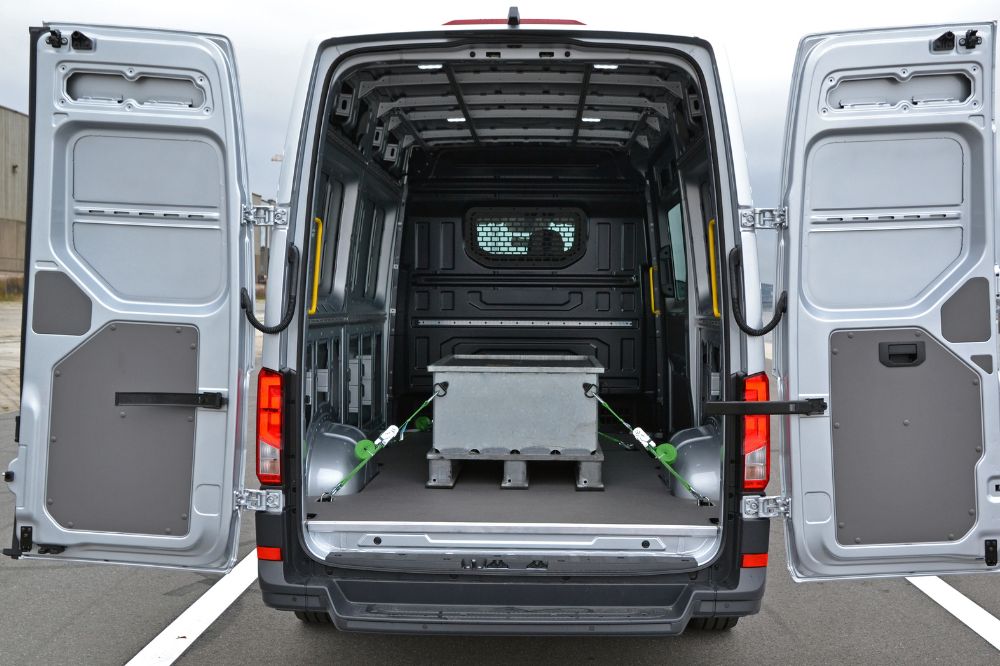
Considerations When Buying A Vehicle For Cleaning Business
Whether you run a commercial or residential cleaning business, purchasing a company vehicle is a major expense. Here are some important considerations to make to ensure you get the right vehicle.
1. Space
Assess the interior space of the vehicle to ensure it can accommodate your cleaning equipment and supplies.
Depending on the nature of your business, you may need sufficient cargo space for vacuum cleaners, carpet cleaning machines, or other specialized tools.
2. Price
Stick to a budget that aligns with your business’s financial capabilities. Consider not only the upfront cost of the vehicle but also potential financing options, ongoing expenses (like gas mileage), and the overall cost of ownership.
It’s essential to strike a balance between acquiring a reliable vehicle and managing your business’s financial health.
3. Maintenance Cost
Evaluate the expected maintenance costs of the vehicle. Opt for models with a reputation for reliability and affordability in terms of upkeep.
Lower maintenance costs contribute to long-term cost savings. It also ensures that your vehicle remains in optimal condition for your cleaning business operations.
4. Insurance Costs
Investigate insurance costs associated with different vehicle models.
Insurance premiums can vary based on factors like the vehicle’s make, model, and safety features. Insurance can be a major expense related to company vehicles, so consider your cleaning business fleet carefully to minimize expenses where possible.
It’s a good idea to chat with an insurance agent first to get an idea of how much premiums might be on your vehicle.

5. Fuel Efficiency
Consider the fuel efficiency of the vehicle to manage your operational costs more effectively.
Evaluate the miles per gallon (MPG) and choose a vehicle that is fuel efficient while still meeting the operational requirements of your cleaning business.
6. Safety
Prioritize safety features to protect your employees and maintain a positive business reputation.
Look for vehicles equipped with proper safety technology, like airbags, anti-lock brakes, and collision avoidance systems. This reduces the risk of accidents during daily operations.
7. Vehicle Advertising
Use your work vehicle as a mobile advertising tool. Consider custom vehicle graphics or wraps that promote your cleaning business while on the road and at job sites.
This advertising can seriously enhance your brand visibility, so ensure the vehicle you choose will help promote your business this way.
8. Additional Features
Explore additional features that could improve the functionality of your cleaning business vehicle.
This may include built-in storage solutions, easy-to-clean interiors, and customizable compartments for organizing cleaning supplies.
The Best Vehicles for a Cleaning Company
The right vehicle for your cleaning business depends on your specific needs. However, here are the most common options.

Vans
A cargo van is often considered one of the best vehicle options for cleaning companies because of its versatility and ample cargo space.
They come in various sizes, allowing you to choose a model that suits your business needs. The sliding side doors and rear cargo access make it easy to load and unload equipment and supplies.
Vans also provide a professional image for your cleaning business, and some models can be customized with interior shelving for better organization of tools and cleaning products.
Pickup Trucks
Pickup trucks are a good choice for those who need to transport larger equipment or handle outdoor cleaning tasks.
Pickup trucks offer a robust payload capacity, making them suitable for hauling heavy loads of cleaning supplies or towing trailers with specialized equipment. The open bed design allows for easy access to tools and materials, and many models come with extended cabs for extra passenger space.
Consider a pickup truck if your cleaning business involves outdoor or heavy-duty cleaning tasks.
Other Options
Depending on the specific needs of your cleaning business, there are other viable options to explore.
Compact or midsize SUVs can be suitable for smaller operations with less equipment and staff. They often provide better fuel efficiency compared to larger vehicles. A car loan on them will also be more affordable.
Electric or hybrid vehicles are also becoming popular choices for environmentally conscious cleaning companies, offering reduced emissions and lower operational costs.
Box trucks or utility vehicles could be suitable for larger cleaning companies with substantial equipment and staff.
Final Thoughts
Whether you go for a cargo van, a box truck, or an SUV, make sure that the vehicle matches your specific business needs. Take your time choosing this, as investing in the right business vehicle is critical for your day-to-day operations and success.
You’ll also need to ensure you have the right financing partners in place to make purchasing this vehicle a seamless process. Get in touch with us at Mission Financial Services to make this process as easy as possible.




